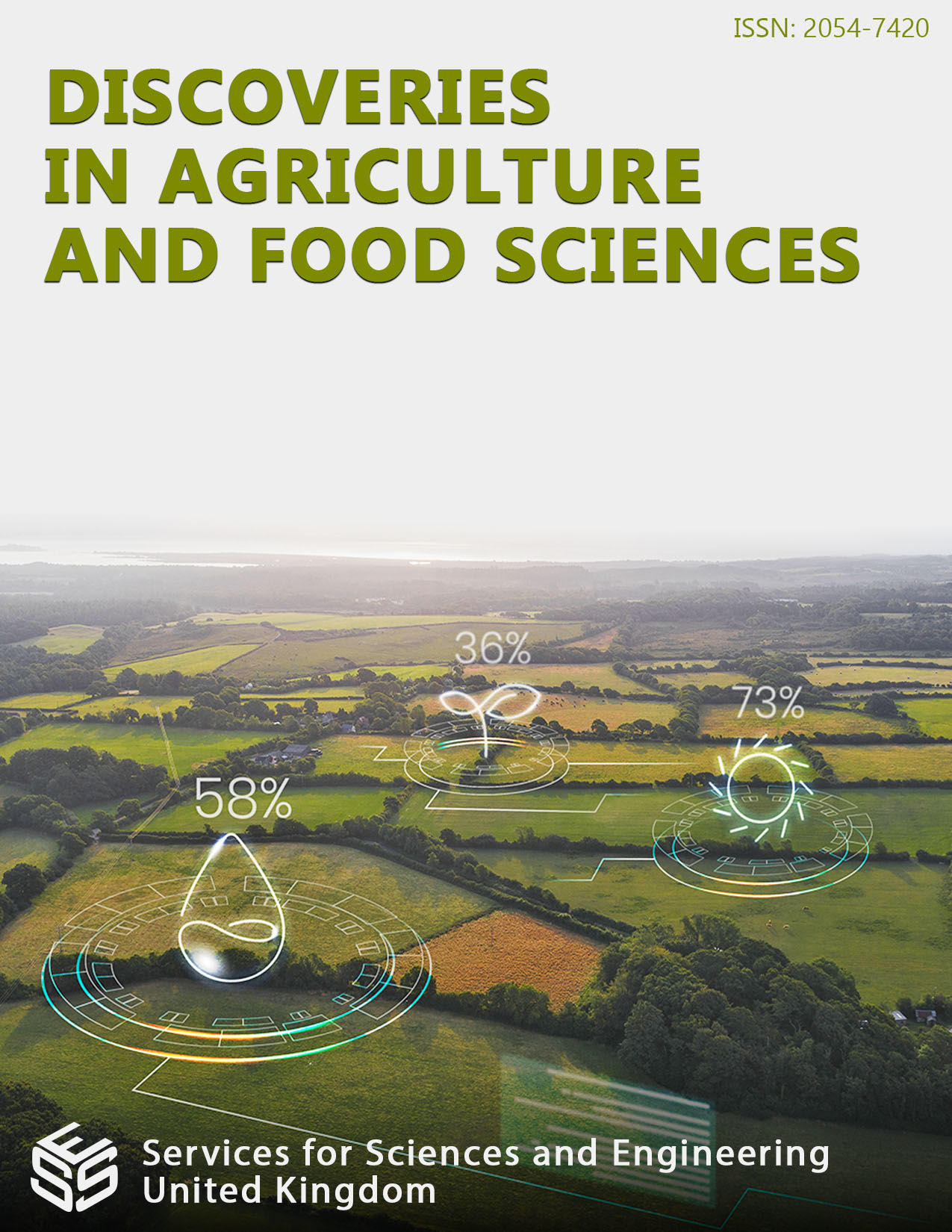Adaptive Crop Management Strategies for Sustainable Wheat Production under Changing Climate in Ethiopia
DOI:
https://doi.org/10.14738/tnc.115.15443Keywords:
Crop Management, Climate Change, Sustainable Wheat Production, EthiopiaAbstract
Enhancing local adaptive capacities is of paramount importance to ensure the stability of regional food production in the context of a changing climate. This study was undertaken with the aim of identifying the most suitable crop management strategies in response to evolving climatic conditions. Daily climate data were sourced from the National Meteorology, while soil and crop management information were obtained from the Adet Agricultural Research Center. Future climate data were derived from the Fifth Coupled Model Intercomparison Project (CMIP5) database within the Climate Research Programme, encompassing 20 General Circulation Models (GCMs) for the RCP8.5 emission scenarios. The study's temporal scope encompassed the early-term horizon of 2010-2039. The Decision Support System for Agro-technology Transfer (DSSAT) crop model was harnessed as a computational tool to facilitate these investigations. The interactions between sowing date and plant density were found to yield non-significant effects on wheat yields (P>0.05). Conversely, significant effects (P<0.05) were observed in the interactions of plant density with fertilizer rate, as well as the interactions of sowing date with fertilizer rate, both contributing to variations in the yield of both wheat varieties. Additionally, the simultaneous impact of three agronomic practices, sowing date, plant density, and fertilizer rate were found to exert significant effects (P<0.05) on wheat yields. Within this framework, a noteworthy crop management approach emerges. Specifically, planting on June 25 with plant densities ranging from 250 to 350 plants m-2, coupled with a fertilizer rate of 184 kg N ha-1, is recommended as a robust strategy to optimize the yield of both Tay and Senkegna wheat varieties. This study suggested the critical role of informed decision-making in adapting agricultural practices to shifting climate dynamics, ensuring sustained and enhanced crop productivity in the face of evolving environmental conditions.
Downloads
Published
How to Cite
Issue
Section
License
Copyright (c) 2023 Endalew Abera, Mezgebu Getenet, Lisanework Negatu

This work is licensed under a Creative Commons Attribution 4.0 International License.






